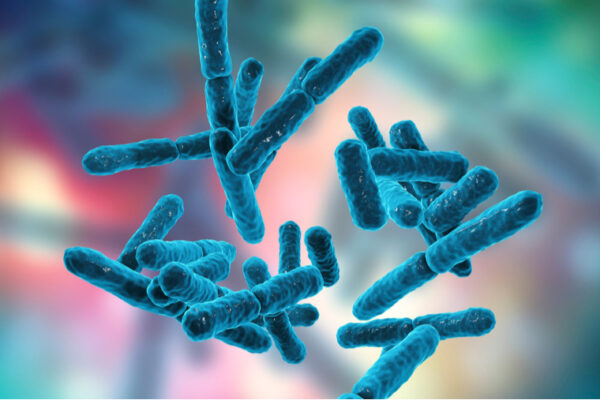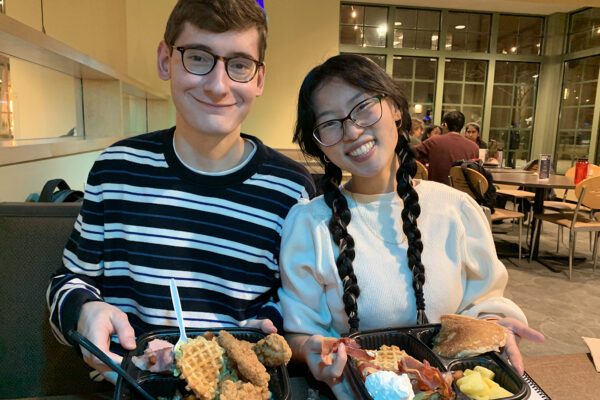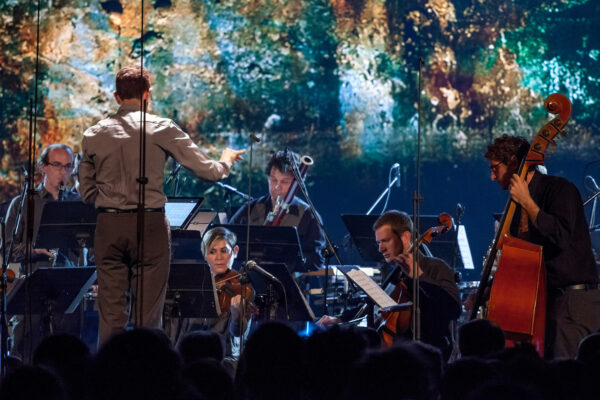Moon develops targeted, reliable, long-lasting kill switch
Tae Seok Moon at the McKelvey School of Engineering has taken a big step forward in his quest to design a modular, genetically engineered kill switch that integrates into any genetically engineered microbe, causing it to self-destruct under certain defined conditions.
Thurtene carnival returns April 8-10
After a two-year hiatus due to COVID-19, Thurtene carnival returns to campus April 8-10. Organizers are inviting student groups, big and small, to participate.
Promoting resilience in health-care workers aim of new grant
The COVID-19 pandemic has raised stress levels among health-care workers, leading to burnout, depression and more. Researchers at Washington University School of Medicine have received a grant that aims to reduce workers’ burnout and promote their mental health and wellness.
Happy to be ‘home’
Last fall, the Record profiled five members of the Class of 2025 who happened to sit near one another at a men’s soccer game. Five months later, the Record checks in with the students about their classes, clubs and new friends.
COVID-19 infections increase risk of heart conditions up to a year later
An analysis of federal health data indicates that people who have had COVID-19 are at increased risk of developing cardiovascular complications within the first month to a year after infection, according to researchers at Washington University School of Medicine and the Veterans Affairs St. Louis Health Care System.
Reimagining textile production
Cotton fabric is natural, renewable, biodegradable and at least theoretically sustainable. With her patented RECLEM process, WashU fashion associate professor Mary Ruppert-Stroescu hopes to revolutionize how recycled fabrics are processed and used to create new garments.
‘What Belongs to You’ Feb. 11
Grammy Award-winning tenor Karim Sulayman will join new music ensemble Alarm Will Sound to preview David T. Little’s opera-in-progress “What Belongs To You,” based on the novel by WashU alumnus Garth Greenwell.
COVID-19 exposure-alert system that uses smartphones expands in Missouri
Washington University is expanding access to MO/Notify, a smartphone system that privately sends pop-up alerts to users in Missouri when they have spent time near someone who later tests positive for COVID-19.
Research demonstrates importance of consistent branding in political television ads
An analysis of television ads from the 2016 presidential election shows messages that are centrist and consistent with the candidate’s primary messages lead to increased online word of mouth chatter and higher daily poll ratings.
Expanded child tax credits did not reduce employment, study finds
An analysis of Census Pulse Survey data from Washington University’s Social Policy Institute shows that the expanded Child Tax Credit did not cause an exit from the labor force.
View More Stories









